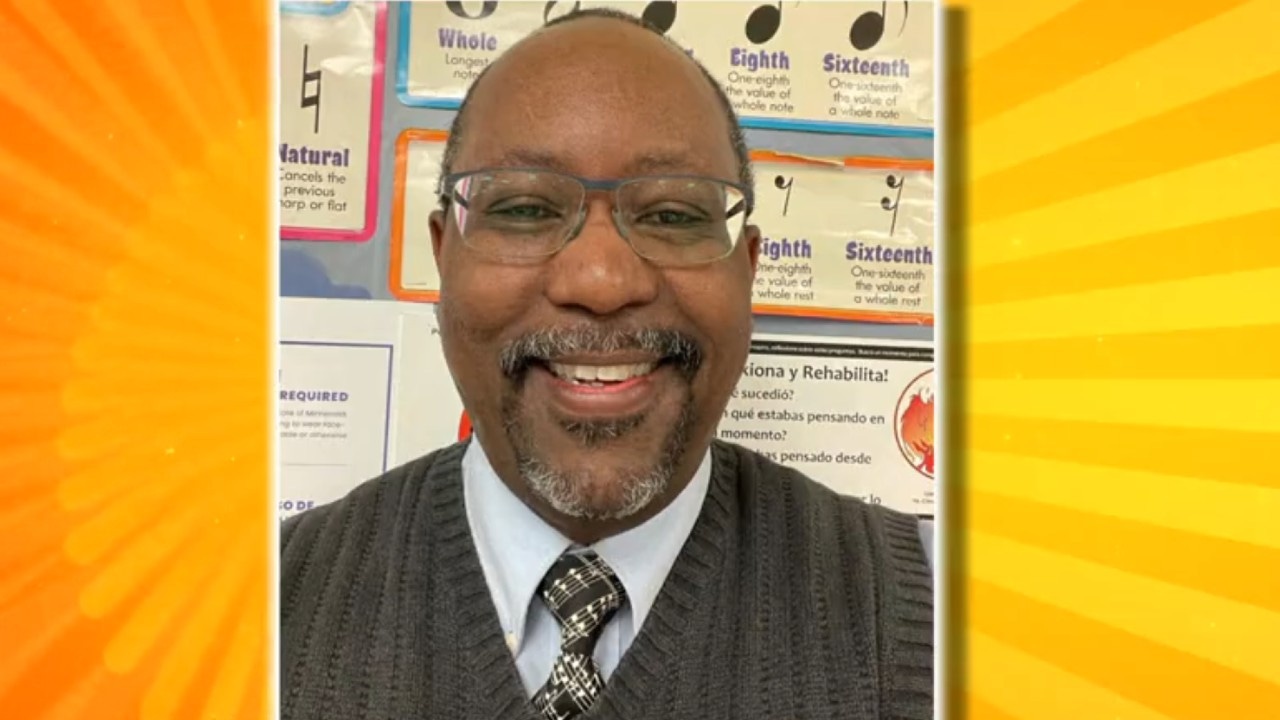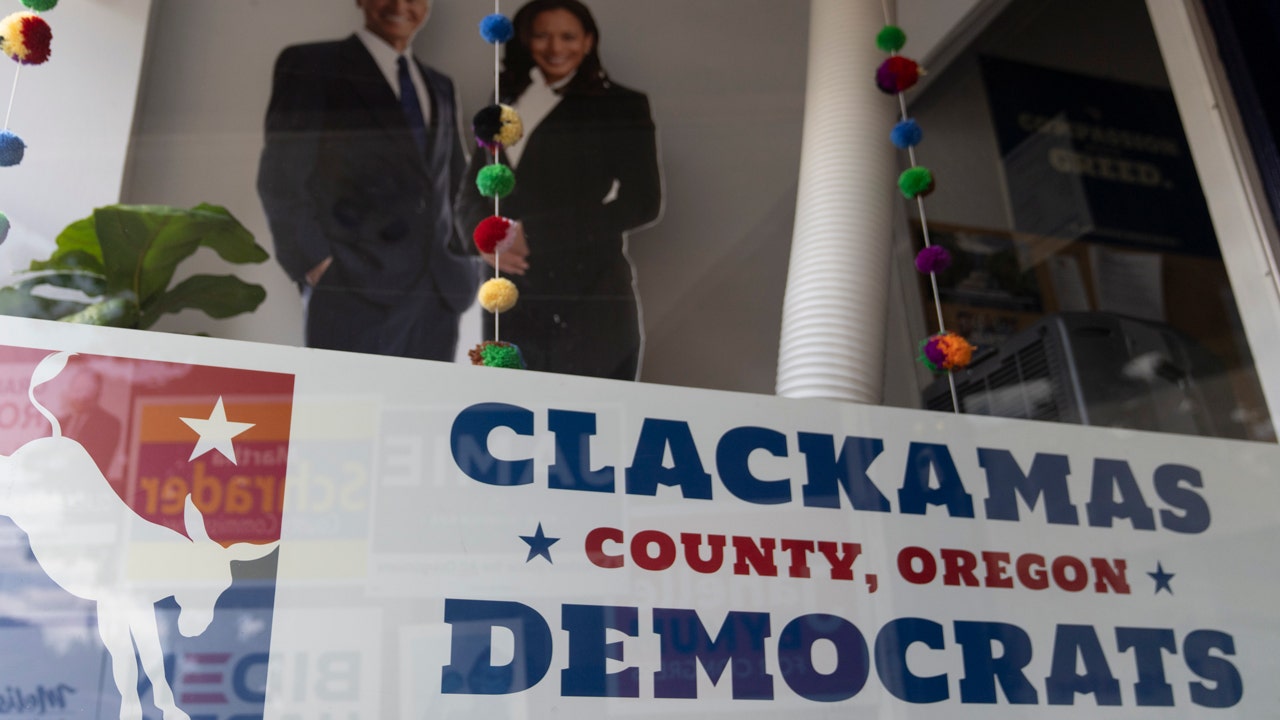Eurovision organisers are braced for thousands of pro-Palestinian protesters to flood the Swedish city of Malmö this weekend to protest against Israel’s participation in the song contest.
This year will be the most politically charged event in its history after Israel’s contestant Eden Golan qualified for Saturday’s final.
The broadcasting union that runs the contest maintains Eurovision is “a unifying force, bringing together nations and cultures through the power of music”. But while the annual party often carries an undertone of geopolitics — and has included Israel for half a century — Israel’s involvement this year has increased tensions amid the country’s offensive in Gaza.
Heavily armed police have been deployed to monitor the pro-Palestinian protests in the Eurovision Village, which serves the 100,000 fans expected to descend on Sweden’s third-largest city for the event.
On Thursday, ahead of Golan’s semi-final performance, thousands of pro-Palestinian protesters — including climate activist Greta Thunberg — staged demonstrations in the city. Golan, who was booed by audience members during dress rehearsals, said she was focused on “giving the best performance”.
Israel’s Prime Minister Benjamin Netanyahu said in a statement that the singer had “already succeeded . . . you face a wave of antisemitism while standing and representing the State of Israel with respect”.
The tensions have already coloured the competition. Ireland’s contestant, nonbinary “goth gremlin” Bambie Thug who has already qualified for the final, said on Instagram they had been asked to remove pro-Palestinian body paint from their costume. The writing in a medieval script had included the words “Free Palestine” and “ceasefire”.
The European Broadcasting Union, which runs the event, has said it will bar flags and symbols apart from those of participating countries and the LGBT+ community.
Bambie Thug added in the post: “My heart and prayers are with the people of Palestine . . . I am anti-war, anti-occupation, anti-oppression and anti-killing of innocent civilians and children!!”
Hundreds of artists in each of the five Nordic countries including Sweden signed separate petitions earlier this year urging Eurovision to ban Israel from the competition, while many of the 26 artists performing in Malmö have faced social media abuse for taking part alongside the Israeli act.
Britain’s Eurovision artist Olly Alexander was among those who signed a letter in response to calls for a boycott, arguing instead for the “unifying power of music”.
Israel’s national security council urged its citizens not to travel to Malmö, calling it “an anti-Israel protest hub”. Israeli media reported that the Shin Bet security service advised Golan not to leave her hotel room for anything other than her performances.
She has already changed the words of the song “Hurricane”, initially called “October Rain”, after it was seen to refer to the devastating October 7 attacks by Hamas last year that killed 1,200 people and sparked the war in Gaza. Almost 35,000 Palestinians have been killed in Israel’s retaliatory offensive.
Earlier in the contest, Swedish singer Eric Saade was reprimanded by organisers after he wore a Palestinian keffiyeh scarf around his wrist during a performance.
Jean Philip De Tender, deputy director-general of the EBU, said the organiser acknowledged “the depth of feeling and the strong opinions that this year’s Eurovision Song Contest — set against the backdrop of a terrible war in the Middle East — has provoked”.
But De Tender said online abuse and harassment of artists was “unacceptable and totally unfair, given the artists have no role” in deciding which broadcasters take part.

The EBU represents Europe’s broadcasters, including Israeli’s Kan, a member since 1957 and a participant in the song contest since 1973.
Eurovision is the latest cultural event to face controversy over the inclusion of Israel, with similar calls for a boycott at the Venice Biennale late last year and clashes over other film and artistic events in Europe.
The singing competition, which is broadcast to more than 200mn people worldwide, maintains it is “non-political” but is no stranger to being used for political motives. Pacts between groups of similarly minded or geographically close nations often ensure that their acts progress, while rivals are handed “nul points”.
Russia, a former participant, was banned a day after its full-scale invasion of Ukraine in 2022. Ukraine won the contest the following year, an outcome seen as an outpouring of support for the war-torn nation rather than the quality of its musical offering. Another political flashpoint was the conflict between Armenia and Azerbaijan.
In 2009, Georgia tried to submit a song “We Don’t Wanna Put In”, widely interpreted as a criticism of Russian President Vladimir Putin. Organisers rejected the song.
After Israel was included in the 1970s, Arabic broadcasters refused to show Israeli artists and threatened not to show the contest at all in years when it was hosted by the Jewish state. Israel has won several times, including with transgender singer Dana International in 1998.

Local dynamics have compounded the pressure this year. Home to one of Sweden’s largest immigrant populations, many of them Muslims, Malmö has suffered from a reputation for antisemitic incidents. That culminated in videos of cars driving around the city celebrating Hamas’s attack on Israel in October, as well as protesters burning an Israeli flag next to Malmö’s synagogue in November.
Tensions have risen further since Swedish police allowed a couple — one of them wrapped in an Israeli flag — to burn a Koran at the weekend. Sweden’s successful bid to join Nato was delayed for more than a year over multiple incidents involving Koran burning by anti-Islam activists.
Malmö officials apologised this week after cleaning away pro-Palestinian graffiti ahead of the competition, saying it was “an unfortunate mistake”.

The contest’s organisers have also sought to defuse the situation. EBU boss Noel Curran said it was a “competition between public service broadcasters who are members of the EBU. It is not a contest between governments.”
Curran said the EBU had been aware “of the many voices calling to exclude Israel in the same way as we excluded the Russian broadcaster in 2022 “.
But he added: “Comparisons between wars and conflicts are complex and difficult and . . . not ours to make. In the case of Russia, the Russian broadcasters themselves were suspended from the EBU due to their persistent breaches of membership obligations and the violation of public service values.”



























